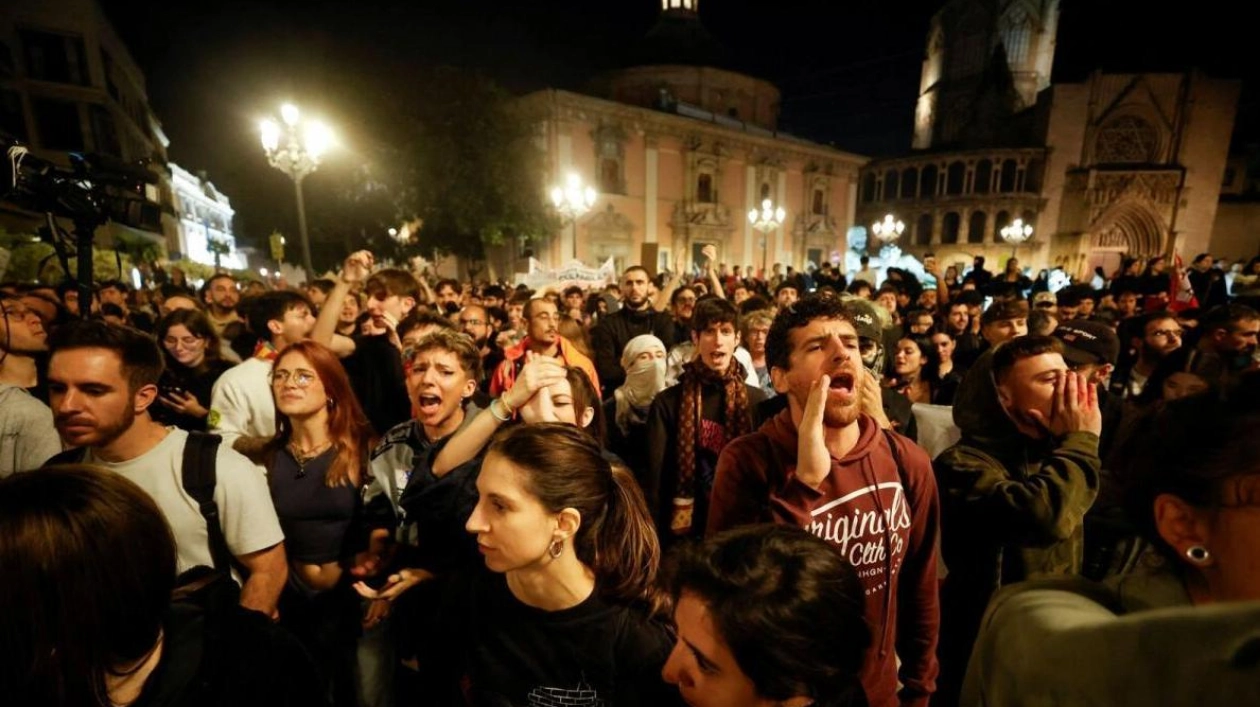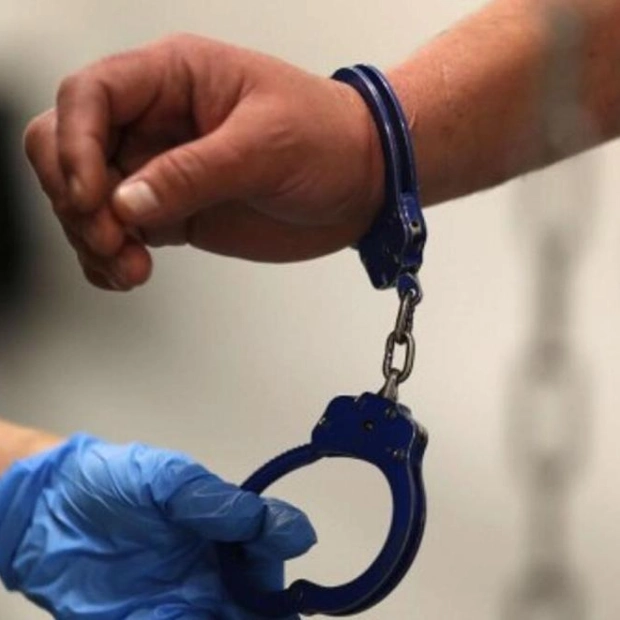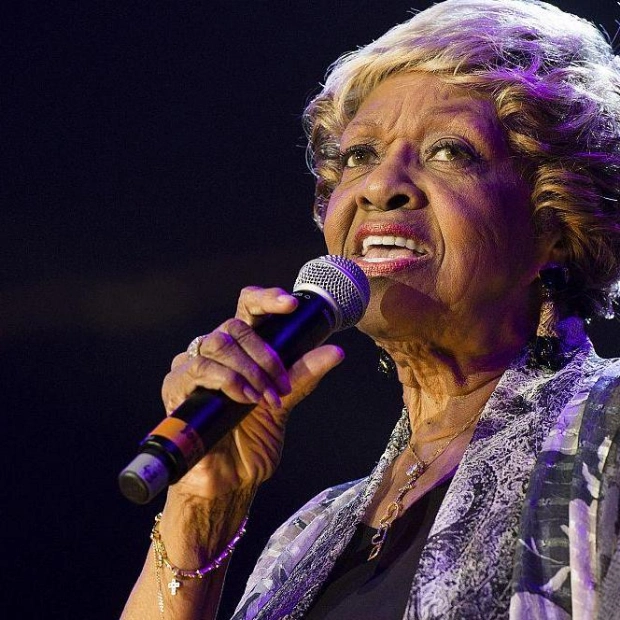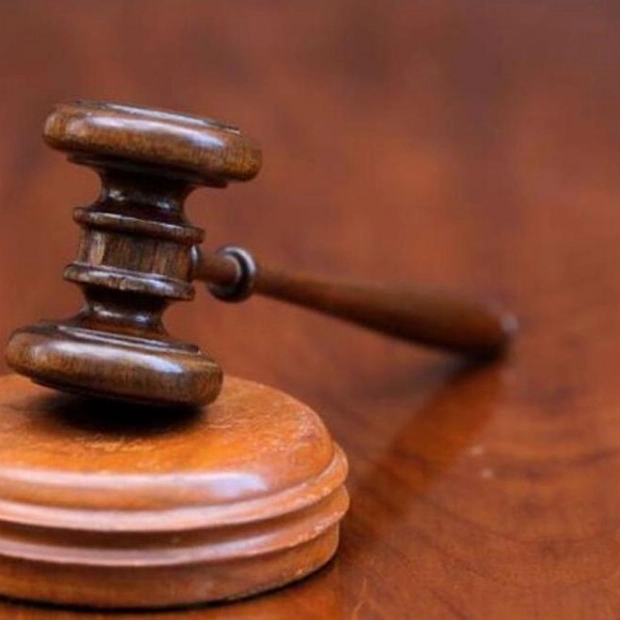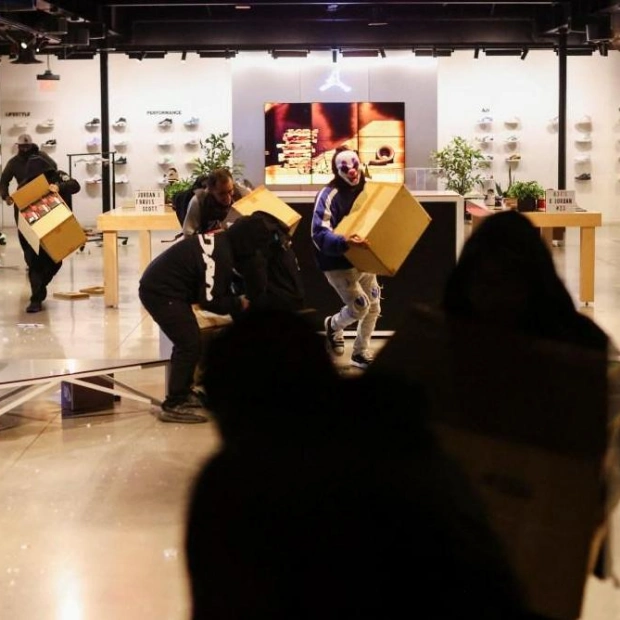On Saturday, thousands of people in Valencia took to the streets to protest against the regional leader, Carlos Mazon, and the authorities' response to the recent deadly floods in eastern Spain. The demonstration, which saw tens of thousands marching, was part of a larger movement across several Spanish cities, with Valencia's regional authorities estimating the turnout in the capital at 130,000.
Protesters gathered in front of city hall, facing off with police, demanding the resignation of Valencia's Regional President, Carlos Mazon. Some chanted 'Murderers! Murderers!' and held placards criticizing both Mazon and Spanish Prime Minister Pedro Sanchez. The region was the hardest hit by last month's floods, the worst in decades, which claimed at least 220 lives and left numerous towns inundated with mud. Residents are outraged over the lack of timely warnings, with some noting that official alerts arrived only after cars were already being swept away. There is also significant anger over the perceived slow response by authorities following the floods, which affected around 80 towns and cities in the region.
Tensions ran high as police and protesters clashed in a tense standoff, witnessed by an AFP journalist. The rally began in the square in front of city hall and proceeded to the Valencia regional headquarters. Protesters directed harsh words at Carlos Mazon, a 50-year-old lawyer and member of the right-wing opposition Popular Party. Last Sunday, Mazon was among the senior figures pelted with mud by angry protesters during a visit to the flood-hit region, along with King Felipe VI and Queen Letizia of Spain.
Julian Garcia, a 75-year-old protester, told AFP, 'Mazon's management has been outrageous and he should resign.' Garcia added that authorities should have issued earlier warnings, advising people not to take their children to school or their cars to work. While the Valencia regional government was criticized for its slow request for help from Madrid, the central government also faced blame. As residents waited for official assistance, many took matters into their own hands, participating in large-scale clean-up efforts.
Some marchers chanted, 'Solo el pueblo salva el pueblo!' (Only the people save the people). Of the 220 confirmed deaths, 212 occurred in the Valencia region. Clean-up operations and the search for missing persons continue in some villages. Ana de la Rosa, a 30-year-old archivist, blamed poor management and political infighting between regional and national authorities, stating, 'They got mixed up in political guerilla warfare when it wasn't the time.' De la Rosa argued that resignations were not enough; there was a case to be made that mismanagement amounted to manslaughter.
Another demonstrator, 50-year-old Trini Orduna, said both regional and national authorities should share the blame, describing the country's political class as 'shameful.' Protests also took place in other Spanish cities, including Madrid and Alicante. The Valencia region's health board has reported no outbreaks of infectious diseases or major threats to public health, though regional health authorities have asked local councils to implement measures to control and prevent the spread of mosquitoes and other disease-carrying insects.
Source link: https://www.khaleejtimes.com
